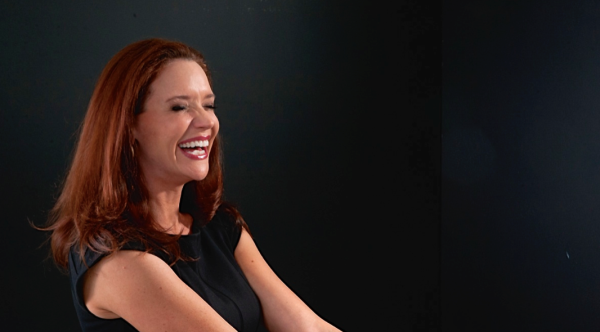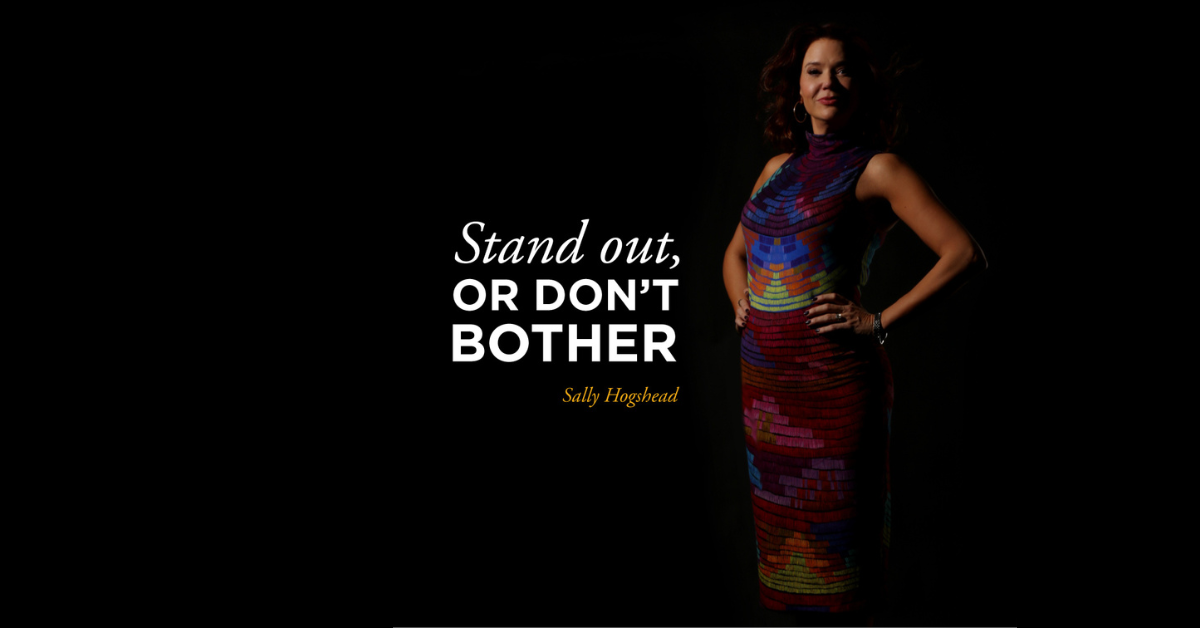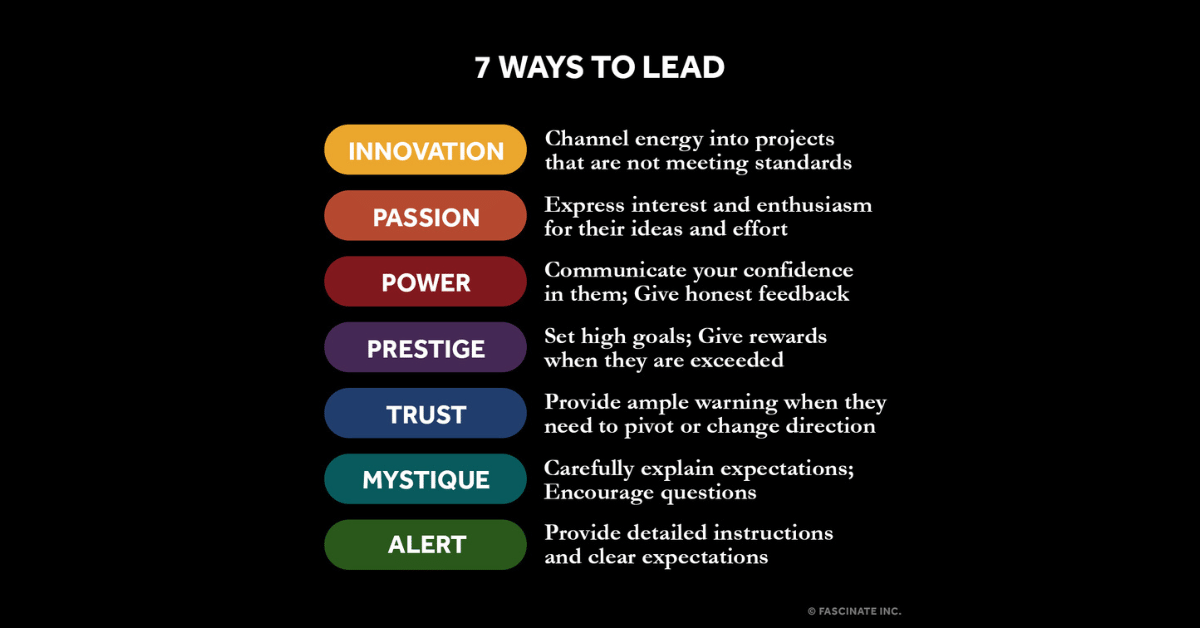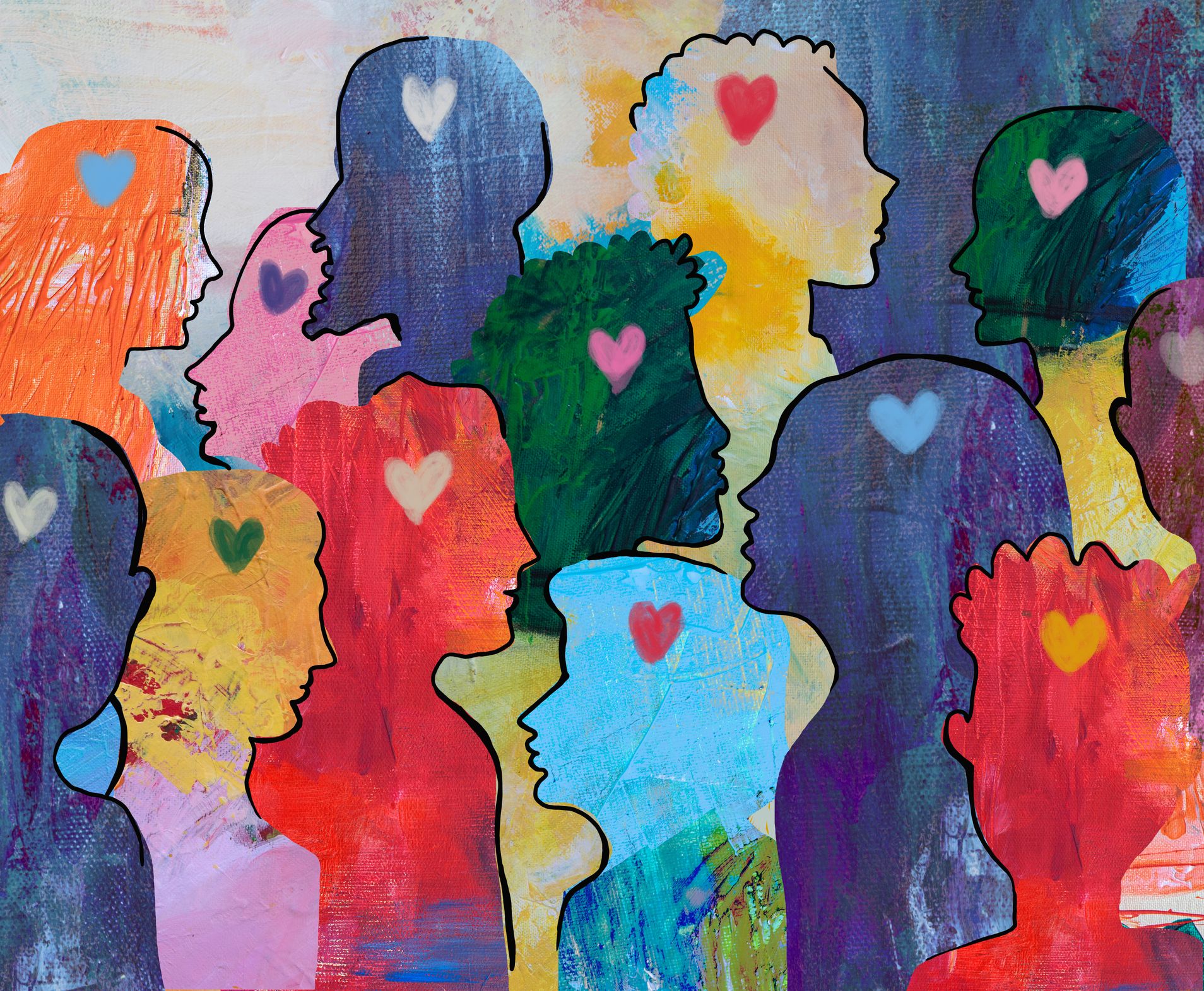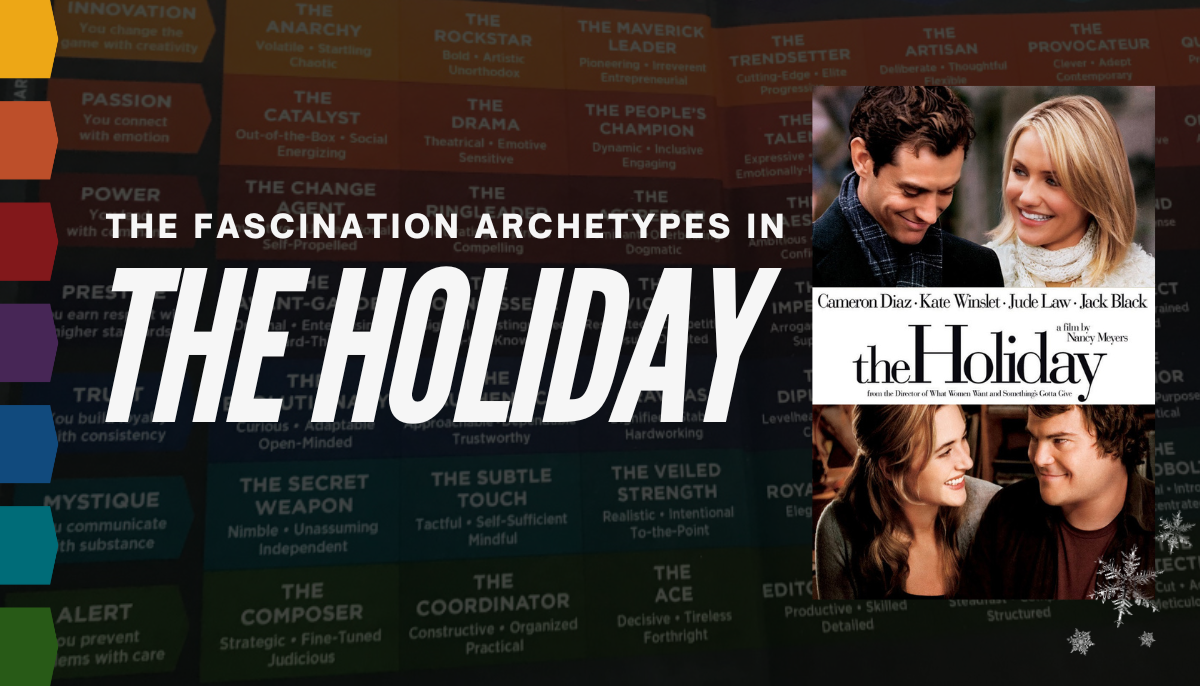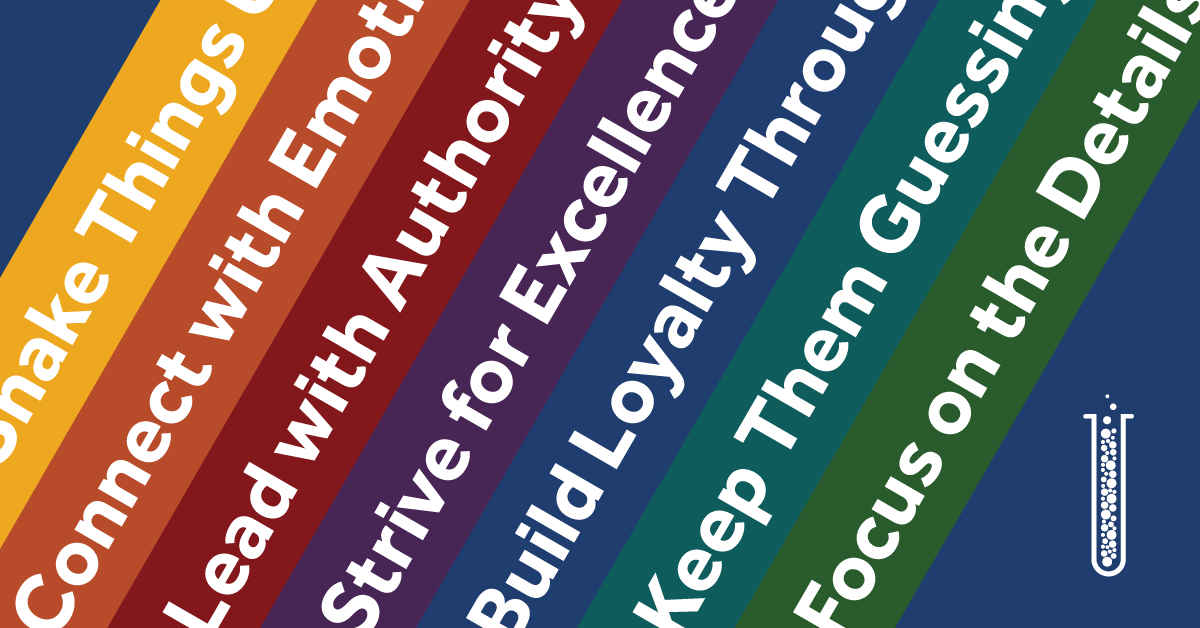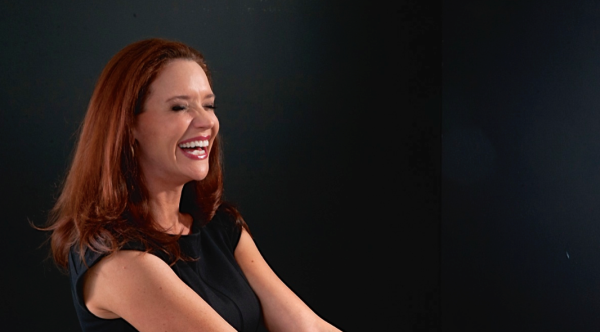
That car accident might have taken my smile for a time, but it gave me my life’s work.
I regained consciousness to blinding lights on the operating room table. “You’ve been in a bad accident,” the surgeon said. I don’t remember much after that for several days.
A few hours earlier, on a bright Sunday morning, my dad and I were driving to his office. I was ten years old, excited to spend the day with him. I remember driving over the bridge while he was telling me a story. What I don’t remember is the tow truck that sped through a red light and smashed directly into my window, or how my dad regained consciousness to administer CPR.
For months after the accident, the wound on my cheek was ugly and jagged, with thick dark stitches closing the gash where the tow truck had rammed into the side of the car and shattered the window. The rest of my face looked like shrapnel had exploded from the windshield.
The scars didn’t bother me so much.
The hard part was that I lost my smile.
Nobody knew exactly how many minutes I’d been without oxygen immediately after the accident, and so there was a great deal of relief that my brain was returning to normal, and that I could talk.
The accident had cut the nerves in my cheek, so part of my face was paralyzed. I could speak, but I couldn’t make most facial expressions. I couldn’t show happiness or sadness.
Without my smile, I was lost.
I could speak, but as far as I was concerned, I couldn’t communicate.
Smiling had always been my most natural form of connection. It was the heart of how I interacted with the world. Now I was mute. Without the ability to smile, I was isolated and silenced. I felt like my mouth had been sewn shut along with my cheek.
That’s when I started writing.
I wrote as a way to communicate myself. I found the words to express myself, and that made all the difference. This turning point became a lifelong love for giving people the words to communicate who they are.
The modest insurance settlement from the accident had included enough money for me to have a series of surgeries to reduce the scar. But in college, I decided I was okay with how I looked, so I used the rest of the money to study in Africa for a summer. I spent time with a woman who had 13 children inside a goat dung hut without a husband or education or electricity or options.
In a sense, the accident made it possible for me to see what it’s like to have no voice, let alone no smile. I learned that if you can’t speak out, you’re trapped. But once you give them a voice, they can be heard.
The greatest way to empower someone is to show them their own highest value. (Tweet this)
I made a career out of finding the right words. After college, I began my career as an advertising copywriter. Once again, writing helped me find the words to build a connection, this time between brands and people. I helped brands communicate who they are.
I began exploring the science of fascination, becoming an author and speaker, showing people how to find the ideal words to express who they are.
My smile is still a little crooked. That’s okay.
100% yourself beats 100% perfect. (Tweet this)
Looking back, I can now see why I felt frozen without my smile. I have a primary Passion Advantage, which means that I connect through emotion and facial expression.
For you, smiling might not be the key to unlocking your personality. You might have a different key. It might be facts, or details, or stability. Whatever it is, you need to be able to apply it in order to be your best. Otherwise, you quit trying.
When you’re prevented from communicating in the way that comes naturally, you shut down.
I haven’t thought about the accident for a long time. I’ve never written about it. This past week I’ve been writing the final pieces of my new book, How the World Sees You. The connection between the accident and the book seems kind of obvious to me now. The book is about communicating who you are, at your best.
Have you ever “lost your smile”?
Have you ever been prevented from communicating who you are, at your best?
There will be times in your life when you feel prevented from communicating and connecting with the world around you.
You might be in a job interview, and struggle to find the words to explain who you are.
You might be in a big meeting, and feel at a loss for how to present your ideas.
Or you might be going through a rough period of your career, and become lost, confused about how to be heard.
You might feel like you’re missing what you need to communicate, as I had.
I want to help you find the answers.
Starting today, I’m taking our conversation together in a slightly different direction.
The focus will be on giving you the words to communicate your highest value. I’ll help you discover your highest value through the science of fascination.
Your personality already has the extraordinary qualities you need to stand out and be heard. Once you identify these qualities, you’ll never be without a voice.
Maybe the car accident wasn’t an accident at all. Maybe it was exactly what I needed to communicate with you.
Thank you for being part of this conversation. Let’s discover who you are, at your best.
* * * * * *
My question for you: When do you feel “silenced” or inhibited in your work or life? What shuts you down from communicating with others? Give me an example, in the comments below.

